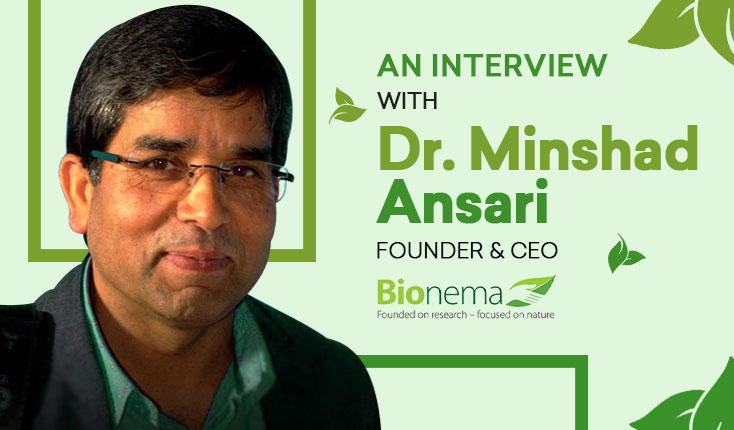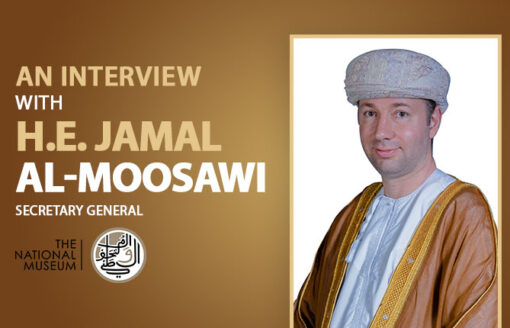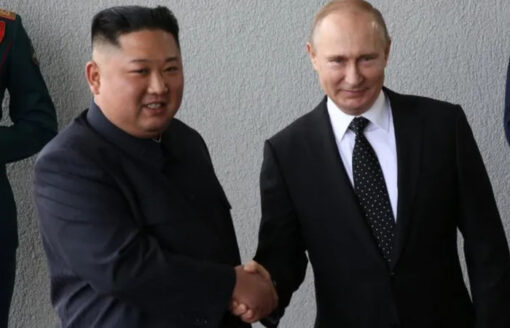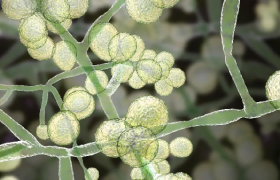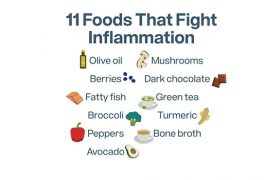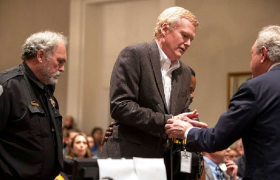Let’s Start the Interview:
The Worlds Times: Explain your background and your Company’s in detail.
Minshad Ansari: After spending around 15-years in academia, I was frustrated by a continued lack of non-chemical alternatives for biological crop protection, and the slow rate of commercialisation of existing options for many end-users. Therefore, Bionema was founded in 2012 to provide biological pest control solutions that do not require the extensive use of chemicals.
Now, more than a decade later, Bionema is a leading global biopesticide developer and manufacturer for a range of sectors, and we also provide other solutions for biological agriculture, such as biostimulants and biofertilisers. Bionema continues to be headquartered at Swansea University in Wales. We create chemical-free, pest management solutions for the horticulture, turf and amenity, landscaping, and forestry sectors, as well offering novel solutions for public health.
The Worlds Times: What are your goals?
Minshad Ansari: Our mission is for Bionema to be a world-leading developer of innovative biological formulations that deliver effective and profitable solutions in agriculture. However, taking a broader look at the world in general, we a determined to be part of the ‘new green revolution’ that is delivering global food security while reducing the chemical load on our planet. Our ultimate goal, in this respect, would be to see biological agriculture become the leading method of farming globally, and to avoid the use of chemicals in agriculture wherever and whenever it is possible to do so.
The Worlds Times: What do you feel is the biggest strength of BIONEMA right now?
Minshad Ansari: The biggest strength of any company in this sector is innovation, and the Bionema team is bursting with ideas for better products, better formulations, and better application techniques. We work with research and commercial partners across the world to create novel solutions and deliver them to end-users. For example, in collaboration with Birmingham University, UK and other partners, we successfully develop first microbial microencapsulation formulation technology for targeted delivery in agriculture.
The Worlds Times: What was the path you took to get to where you are today?
Minshad Ansari: When I was a young child, growing up in India, I witnessed my father using insecticides in 1980 and I couldn’t help wondering what these techniques were doing to our crops, our people and our planet. This inspired me to study Agriculture and Related Sciences at Gorakhpur University, where I gained my B.Sc. in Agriculture in 1990. This was followed by an M.Sc. in Agriculture Nematology at AMU in 1993, India and Ghent University, Belgium in 1998. I subsequently also achieved my Ph.D in Applied Agricultural Sciences at Ghent University, before moving to Swansea University in Wales, UK, as a Research Scientist in 2005.
Swansea University has a great focus on innovation in biocontrol – it even recently developed the Swansea University Innovation Fund, which supports the commercialisation of research with practical support and investment. It was in this nurturing environment that I decided to start Bionema in 2012 after 8 years of my research job at Swansea University, and I transitioned into the innovation and commercialisation of biopesticides for sustainable crop protection, working with several high-profile commercial companies and government organisations.
Within 3 years, Bionema developed and commercialised its own extensive range of beneficial nematode pro ducts: NemaTrident®, a tri-component nematode-based solution for insect pest control in horticulture, turf amenity and forestry. In 2018, Bionema raised further investment, with a million-pound grant to develop and commercialise another product called UniSpore®G, a ground-breaking fungal technology, and IncapsuleX™, a smart formulation delivery system that enhances foliar adhesion and increases persistence for improved pest and disease control.
In 2021, Syngenta Crop Protection acquired the NemaTrident® range and UniSpore®G, allowing Bionema to refocus our resources towards our prime mission of developing innovative biological formulations that deliver effective and profitable solutions in agriculture. This is what we are now achieving, and we are going from strength to strength as we diversify and expand our offerings to the biological agriculture sector expending to biostimulants and biofertilizers.
The Worlds Times: Why did you start BIONEMA?
Minshad Ansari: I dream of a future in which our agriculture system uses NO chemicals at all. That might not happen in my lifetime, but I believe it is a possibility, and I firmly believe that the biological agriculture sector is the future. I started Bionema to help advance that sector, to develop and commercialise more biological solutions for agriculture, and to join the ‘real green revolution’.
The Worlds Times: What have been the biggest challenges you’ve had to overcome during the journey of your leadership?
Minshad Ansari: As a small company, it has not always been easy to find the right people to join my team. A lot of the so-called ‘high-achievers’ in this world want to work for the big global companies, and not everyone wants to work for a small company. I am sorry to say that, in the past, I employed a couple of wrong people who did not have Bionema’s best interests at heart, when I should have waited more patiently to find the right people. However, I am pleased to say that Bionema is now supported by a strong and loyal team that I trust completely, and who share my vision for the future. I have also been blessed with a wonderful wife who has supported me through all my trials.
The Worlds Times: Give us one word that describes you the best.
Minshad Ansari: Stubborn!
(But you know, it’s difficult to be determined without being stubborn!)
The Worlds Times: What are the strategies of BIONEMA and how do you stand unique from your competitors?
Minshad Ansari: The acquisition of two of our technologies/products by Syngenta in December 2021 completely changed branding of Bionema globally as leader in biological solution. Our strategy to invent and commercialized innovative formulations and delivery system for better efficacy – alone and in collaboration with third parties. This is what we love doing, and it is how we make a difference to the world by helping to develop and commercialise new products for biological agriculture.
We stand apart from our competitors by discovering, developing and commercialising technology which has wider adaptability. Also, and perhaps more importantly, because our true goals extend to helping the world change in its approach to agriculture, we are eager to collaborate with third parties, to share this experience and help them reach their goals too.
The Worlds Times: How do you see the company changing in two years, and how do you see yourself creating that change?
Minshad Ansari: We are in the process of expanding our global reach through the opening of several subsidiaries in North America and Asia. This, along with the ongoing expansion of our portfolio, will drive our own growth and success, and it will help us extend our offering to biological agriculture end-users all over the world. We are actively working to achieve these goals, and a two-year timeline for completions should be easily achieved.
The Worlds Times: What benefits are your clients getting from BIONEMA in this competitive world
Minshad Ansari: End-users using our products are supported by an energetic and supportive team of experts who can help them get the most out of their biological solutions.
Further up the value chain, companies seeking help with product development and commercialisation benefit from our expertise, as well as our patented technologies that can help in the discovery and formulation of biological products with easier distribution; higher virulence and efficacy; reduced numbers of required treatments (reducing costs); and optimisation for available application methods.
These are the advantages that our patented technologies can bring to the table, supported by our experts who are dedicated in helping our partners and customers to succeed.
The Worlds Times: Would you like to say anything else to our viewers?
Minshad Ansari: The global agricultural biologicals market size reached US$ 12.4 Billion in 2022. Looking forward, the analyst expects the market to reach US$ 28.3 Billion by 2028, exhibiting a CAGR of 14.74% during 2022-2028. I think that trend will continue – especially as the EU has stated that it intends to ban 50% pesticides (505 products) by 2030. Pressures from governments, environmental groups and consumers all align to reduce the use of chemicals on our crops, and the only way to do that while ensuring food security is to replace those chemicals with sustainable biological alternatives.
As a result, pretty much anyone working in the biological agriculture sector right now is on to a winner – this is a great space to be – but this sector is dominated by little companies and, if we are to really effect world change, we must all work together.
I don’t see other biocontrol companies as competitors – they are potential partners, working towards the same goals as me. If we can all work in this way, we will advance the sector more quickly, and we will all be leaders in the real green revolution.
Connect Minshad Ansari on Linkedin
